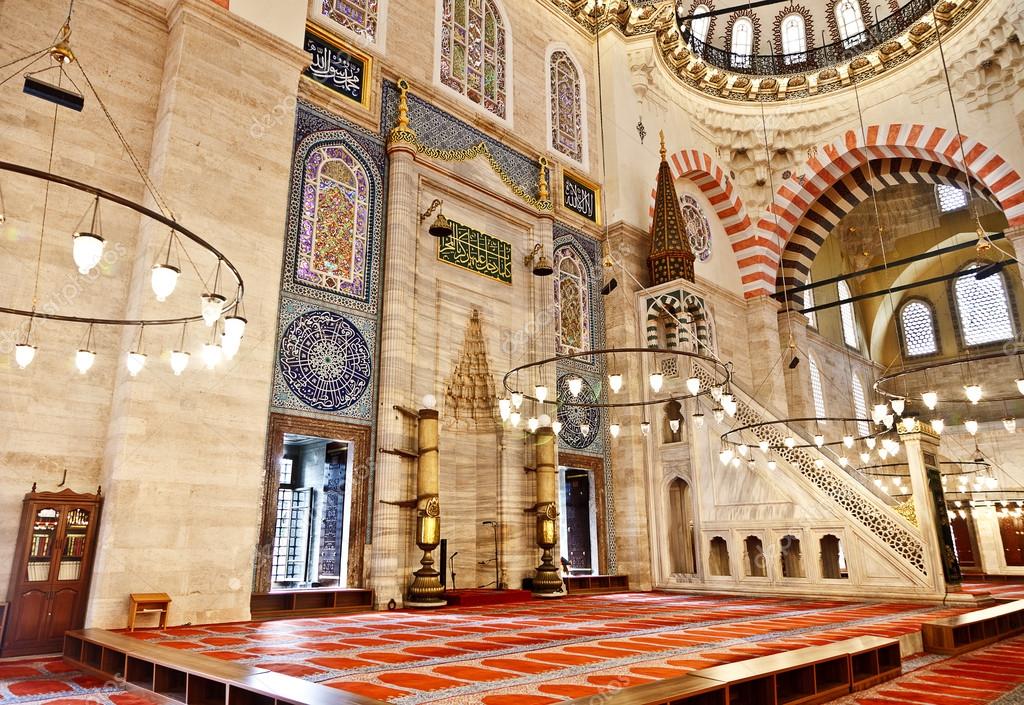Movements In Prayer
Answered by Shaykh Yusuf Weltch
Question: Salam Aleykum, Do movements in the prayer invalidate the prayer? Does lifting one’s hand or hands in the prostration invalidate the prayer?
Answer: Wa Aleykum Selam
Movements That Invalidate the Prayer
Movements in the prayer, if excessive, can invalidate the prayer. The definition of excessive is such a movement that if an onlooker saw you doing it, they would assume that you are not in prayer. [Maraqi al-Falah] The movement you described doesn’t seem to fit this definition.
Movements That Do Not Invalidate the Prayer
Movements that are not excessive may still be disliked if they is no benefit in doing so or no wisdom behind it. This disliked movement is call ‘Abath’ The Messenger of Allah (may Allah bless him and give him peace) said, “Verily Allah dislikes for you ‘Abath’ idle movements in the prayer….” [Maraqi al-Falah]
Lifting One’s Hands During the Prostration
The minimum requirement of the prostration, regarding the hands, is that at least one hand must be placed on the ground. “The prostration is realized by placing the forehead, not just the nose, along with one of the hands….” [Maraqi al-Falah] If the forehead, one of the hands, the feet, and the knees were to be on the ground together, for at least the amount of time it takes to say ‘SubhanAllah’ once, the prostration would be valid. Although to leave the proper method of prostrating is disliked.
Stillness in Prayer
One should strive to remain still during the prayer. If one could fix their clothing prior to the prayer so that it does not disturb them in the prayer, this is best. The Messenger of Allah (may Allah bless him and give him peace) entered the Masjid and saw a man playing with his beard, while in prayer. The Messenger then said, “If his heart were still, his limbs would have been still.” [Tirmidhi]
May Allah bless you
Allahu A’alam
[Shaykh] Yusuf Weltch
Checked and Approved by Shaykh Faraz Rabbani
Shaykh Yusuf Weltch is a graduate from Tarim; a student of Habib Umar and other luminaries; and authorized teachers of Qur’an and the Islamic sciences.
